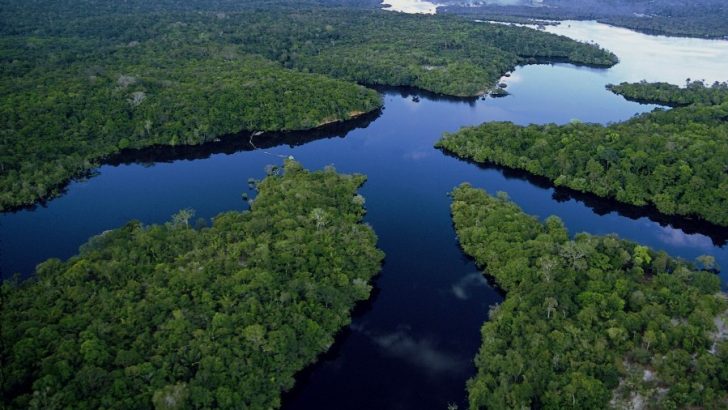The Church must discover new ways to provide the Eucharist and pastoral support to the people of the Amazon, especially indigenous people threatened by forced displacement and exploitation, a new document has said.
The Vatican released the preparatory document for the special Synod of Bishops on the Amazon on June 8. The synod gathering in October 2019 will reflect on the theme ‘Amazonia: New paths for the Church and for an integral ecology’.
The connection between care for the environment and the pastoral care of the people who live in the region is highlighted throughout the document, because, it said: “protecting indigenous peoples and their lands represents a fundamental ethical imperative and a basic commitment to human rights.”
“Moreover,” it continued, “it is a moral imperative for the Church, consistent with the approach to integral ecology called for by ‘Laudato Si’.”
The document ended with 30 questions asking how the Church should respond to specific challenges in the region such as injustice, violence and discrimination, particularly against the area’s indigenous people. Responses to the questions will provide material for the synod’s working document.
The questions also sought to identify solutions for a variety of pastoral challenges, particularly the region’s shortage of priests, which means the “impossibility of celebrating the Eucharist frequently in all places”.
Rich in biodiversity, natural resources and cultures, the Amazon rainforest is the largest in the world, covering more than 2.1 million square miles in South America. The rainforest includes territory in Brazil, Ecuador, Venezuela, Suriname, Peru, Colombia, Bolivia, Guyana and French Guiana.
The region has experienced significant deforestation, negatively impacting the indigenous populations in the area and leading to a loss of biodiversity.


